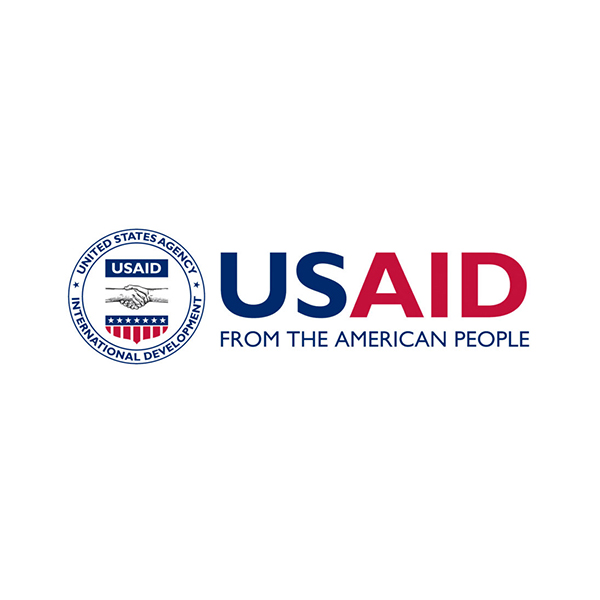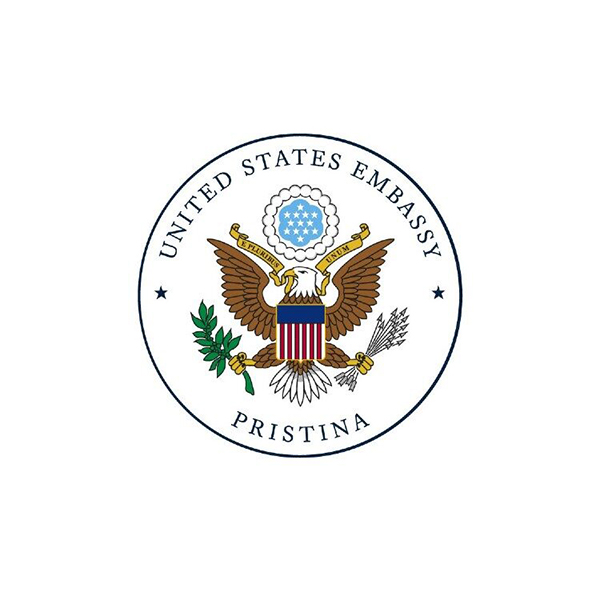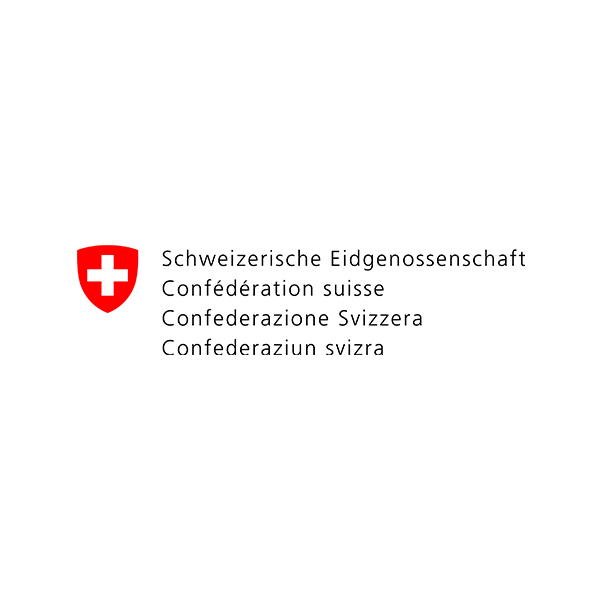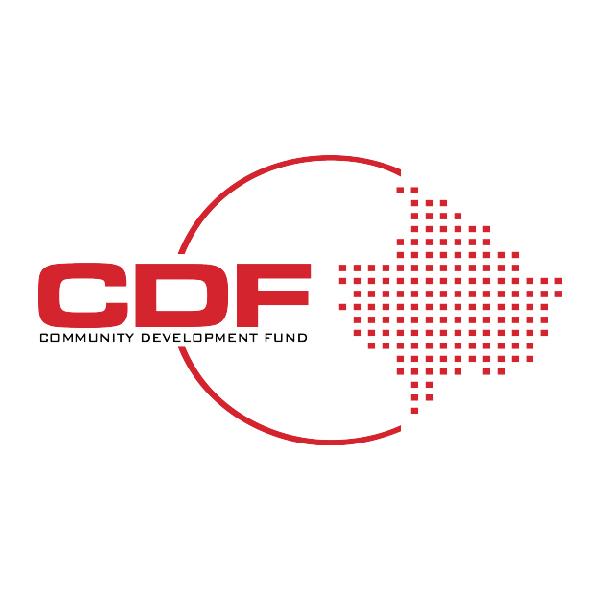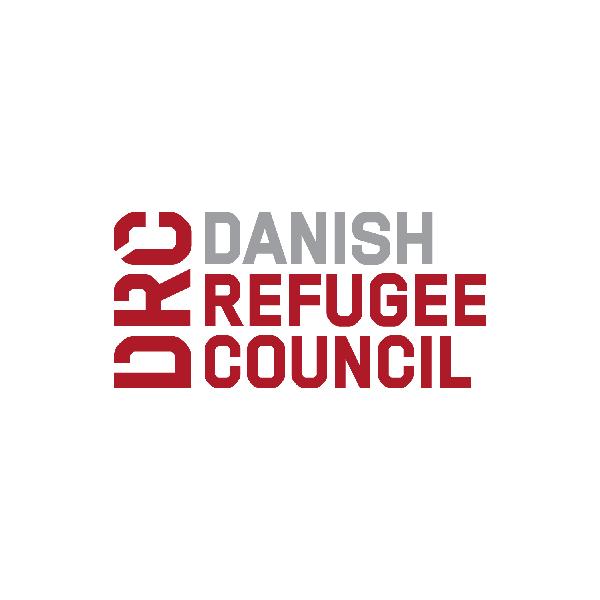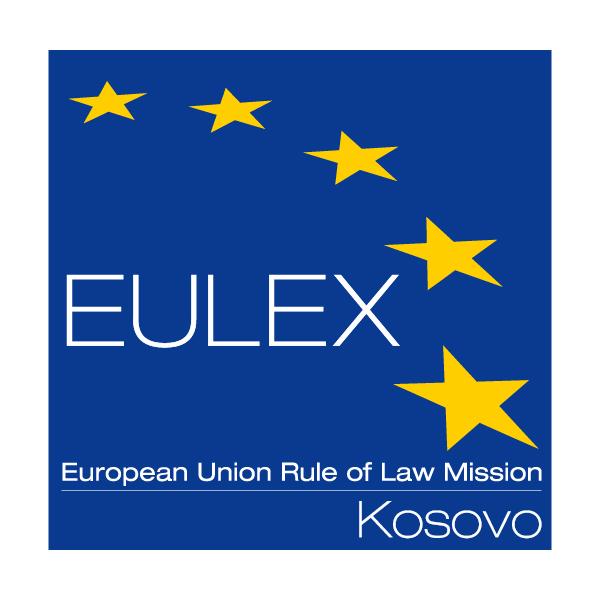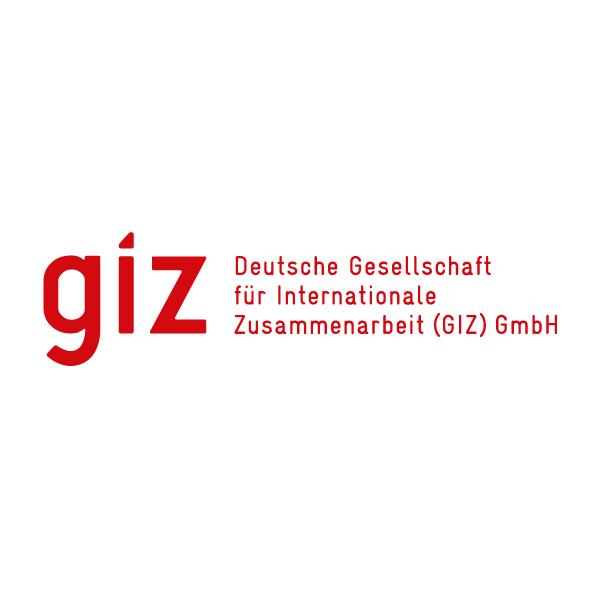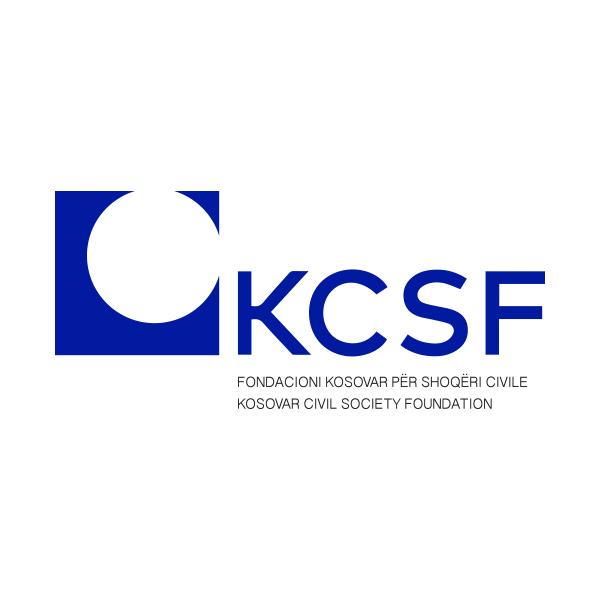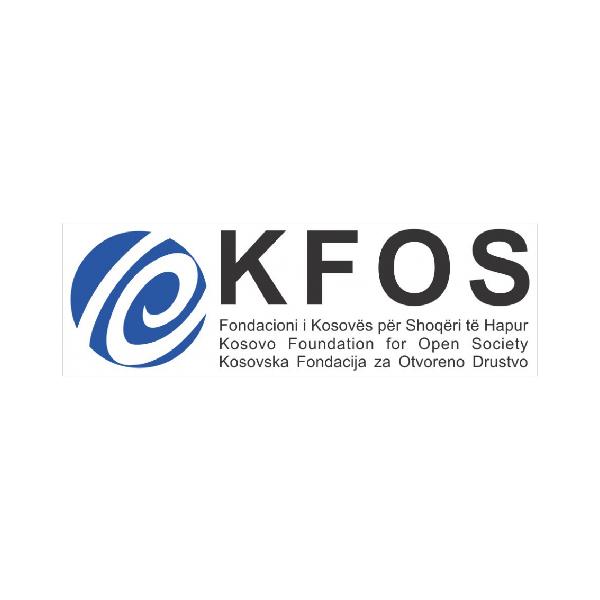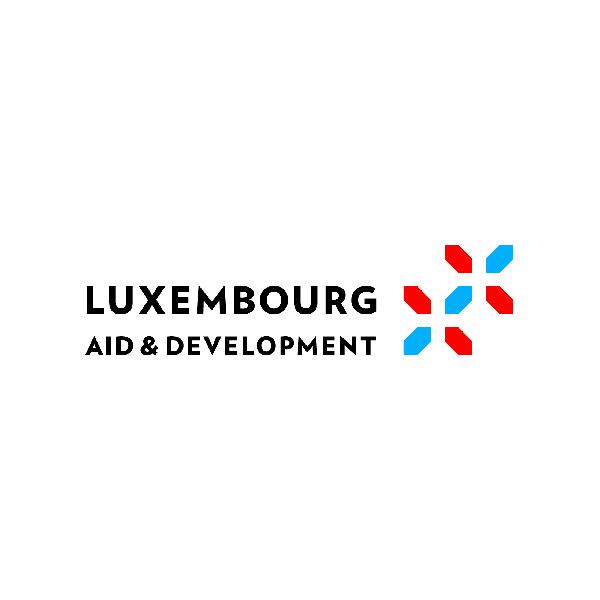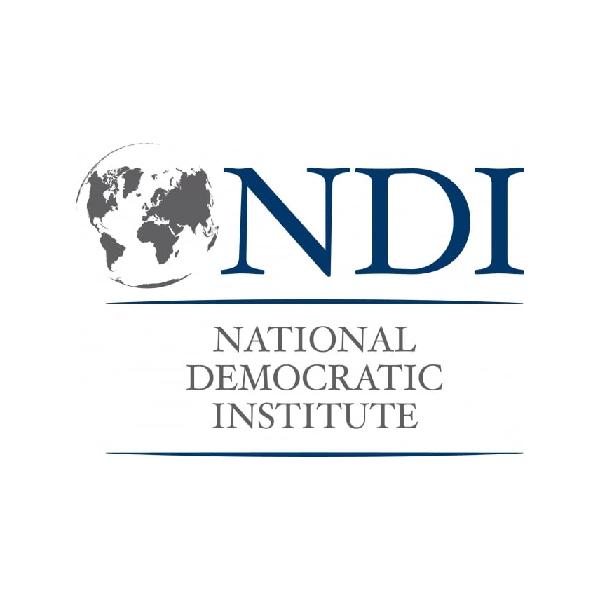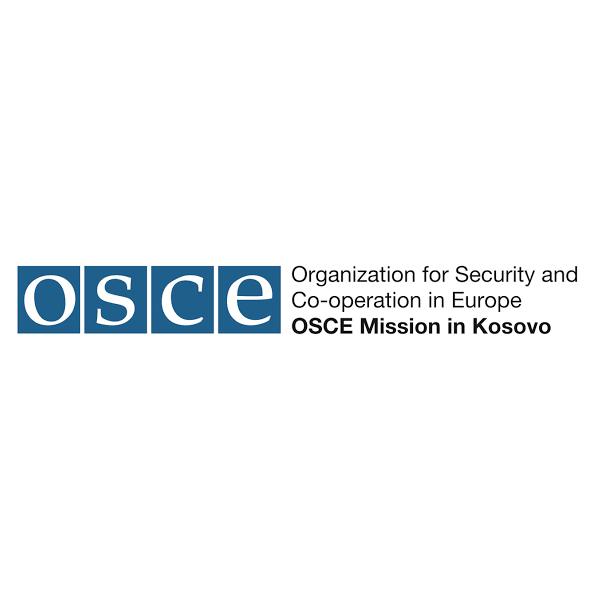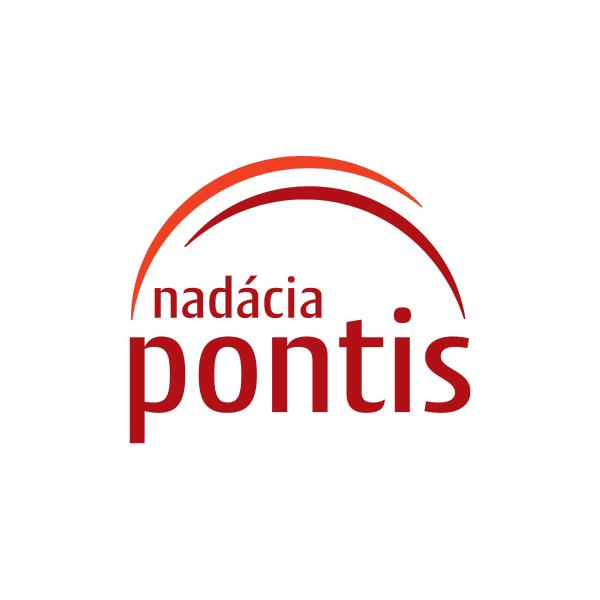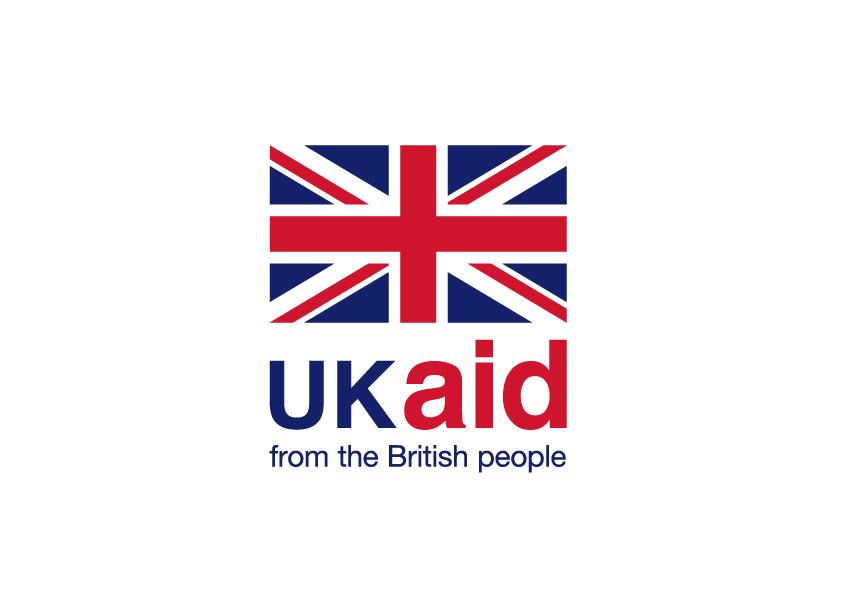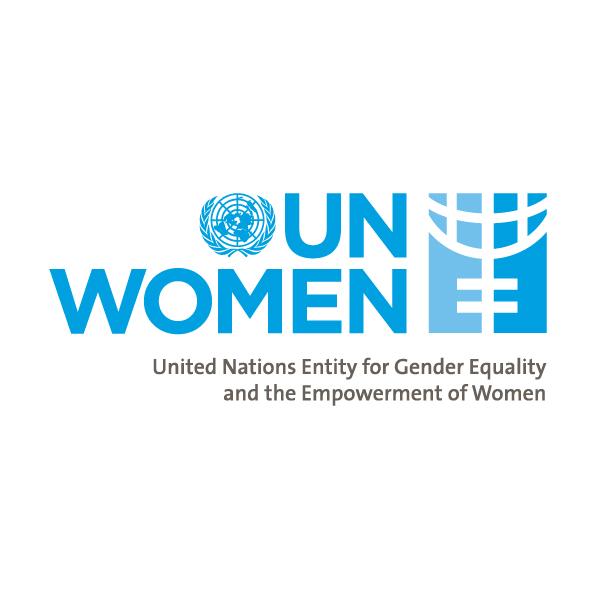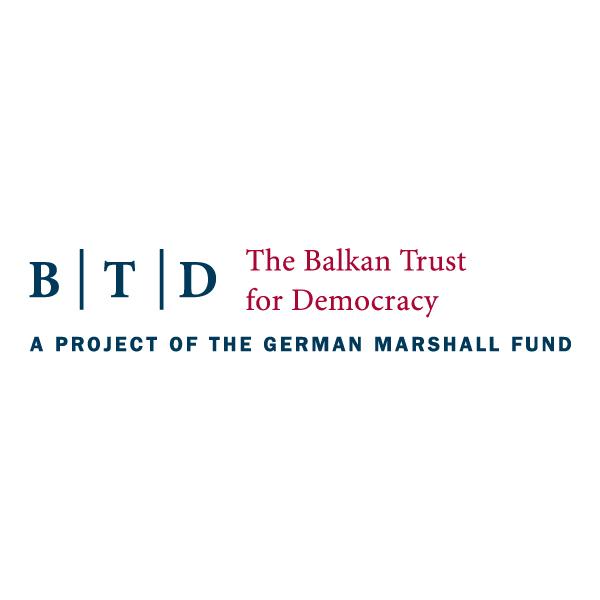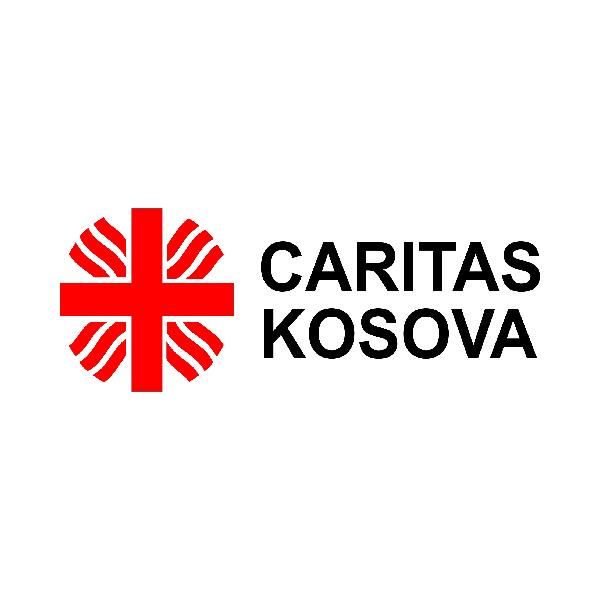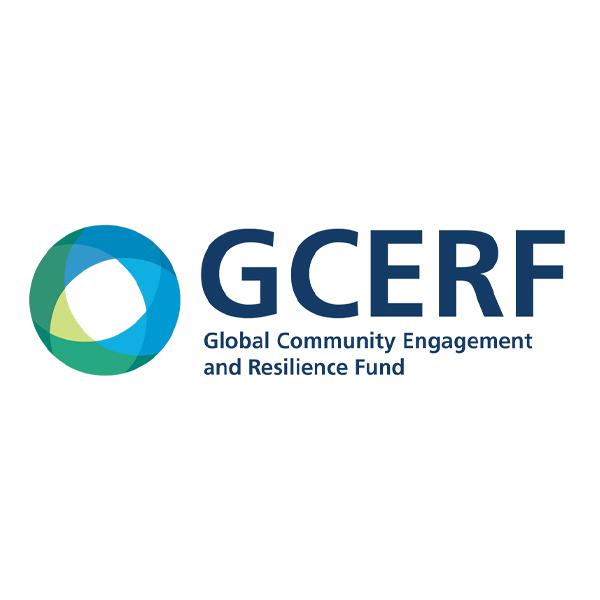My name is Bruno Neziraj, and I’ve been working as a professional translator for over twenty years. I’ve also worked as an interpreter for various international and local institutions. For the past four years, I’ve been working as a freelancer, whenever and wherever I’m needed.
 According to Kosovo’s constitution, it’s two official languages are Albanian and Serbian, which is further elaborated in the Law on the Use of Languages, and which stipulates that all documents issued by public institutions have to be translated into those two languages and, in certain instances, into a language ‘in official use.’ The provisions of the above-mentioned law state that both written and oral translations have to be made available. Although this aspect of public life is well regulated from a legal standpoint, from a social perspective, the translator’s profession and work are among the least respected in Kosovo. Unfortunately, during the course of my work as a translator, I face problems with translations on a daily basis – be they written or oral. The consequences of poor translations are numerous. For example, the biggest problem during the course of oral interpretation is when speakers speak too quickly, thereby making it impossible for us, the interpreters, to do our jobs well. While our listeners still receive translations in those sorts of situations, I still sometimes ask myself what I just translated because
According to Kosovo’s constitution, it’s two official languages are Albanian and Serbian, which is further elaborated in the Law on the Use of Languages, and which stipulates that all documents issued by public institutions have to be translated into those two languages and, in certain instances, into a language ‘in official use.’ The provisions of the above-mentioned law state that both written and oral translations have to be made available. Although this aspect of public life is well regulated from a legal standpoint, from a social perspective, the translator’s profession and work are among the least respected in Kosovo. Unfortunately, during the course of my work as a translator, I face problems with translations on a daily basis – be they written or oral. The consequences of poor translations are numerous. For example, the biggest problem during the course of oral interpretation is when speakers speak too quickly, thereby making it impossible for us, the interpreters, to do our jobs well. While our listeners still receive translations in those sorts of situations, I still sometimes ask myself what I just translated because
(in those situations) we’re forced to translate word-to-word, which is generally not suitable because sentences can come out strangely and do not fit into the logic of the language that we’re translating into. Another major problem is the use of sayings and idiomatic expressions that are frequently meaningless in the other language. That, or the lack of responsibility on the part of organizers or speakers at meetings who don’t share material with us in advance; we are not all-knowing and therefore our listeners (in another language) cannot receive useful and quality information. Related to this, I would advise state institutions, such as the Assembly and government ministries, to organize some kind of training for Assembly members and other high-level officials on how to speak in order for us to provide more effective translations. A special training is also needed for our colleagues in state institutions, who by and large are not familiar with the appropriate breathing and translation (consecutive and simultaneous) techniques.
That having been said, problems concerning written translations are of a perhaps even more serious nature. I’m writing this bearing in mind the importance of legal and other similar types of acts and regulations issue by the state and its organs. Legal texts, whether or not we’re talking about laws, sub-legal regulations or administrative orders, are always first written in one language then sent for translations without any kind of consultation whatsoever with translators. For this reason, there are often disharmonies between the two versions. Even more problematic is the fact that workers in those state organs give themselves quite a bit of time to produce those and other documents (such as judgements, rulings and decisions) in their own language while issuing absurd deadlines for translations. So, everything is urgent and needs to be done ‘yesterday.’ These are the kinds of problems that our colleagues in the public sector face, and they often find themselves in a situation where they work under enormous pressure and unrealistic deadlines.
The most common answer to worries that the text won’t be of acceptable quality is ’don’t worry because blah-blah-blah no one will even read it.’ Unfortunately, the situation is the same whatever language is in question.
While I certainly wouldn’t make excuses for the bad seeds among my colleagues, I still blame the institutions. There are people who sit on hiring committees for new translators who don’t know the other language, not to mention their (lack of) familiarity with translations themselves.
We now come to the biggest problem with translations in general: Unrealistically low prices for services provided. The system of public procurement in Kosovo is such that the company/firm offering the lowest prices is selected, with quality being a mere afterthought. This leads to a situation where, in a constant struggle for profit, agencies hire unqualified cadres of translators, a system which replicates the same problems found in the public sector.
We have to work on norms in both the public and the private sector, because we can’t expect someone to provide a quality translation of 20 pages in eight hours. In order to address this, we will need to take international standards for the profession into consideration and to perhaps incorporate some of them into our work.
Implementing a version of the strategy proposed by the Office of the Language Commissioner that has been updated to adapt to the changing conditions that have taken place over the past three years, would serve to address a considerable number of the challenges faced in a sector that is extremely importance to coexistence in Kosovo. At the same time, the implementation of the above-mentioned strategy would solve a number of other problems, such as increased incentives for translators through higher salaries and job satisfaction.
Furthermore, the lack of a qualified cadre for Serbian-Albanian translations needs to be highlighted and a solution offered similar to the one that was reached for information technology technicians within public institutions.
What’s more, if standards for written and oral translations were set in cooperation and consultation with translators’ associations in Kosovo and with international organizations, it would meaningfully contribute to addressing translation problems as a whole. These standards would, at the same time, lead to greater respect for translators’ work in all institutions.
The introduction of so-called CAT tools[1] would also be useful in improving written translations because, besides easing and speeding up work, it would bring a measure of consistency to institutions’ translations by eliminating differences such as, for example, use of the word ‘office’ in one part of the document, ‘department’ in another part and ‘administration’ in yet another.
It would also be useful to introduce a three-tier system for measuring language competency for positions in local and central-level administrations (similar to the one that existed in the former Yugoslavia) that demand constant contact and interactions with citizens. The creation of such a system would also serve to lessen translators’ workload.


